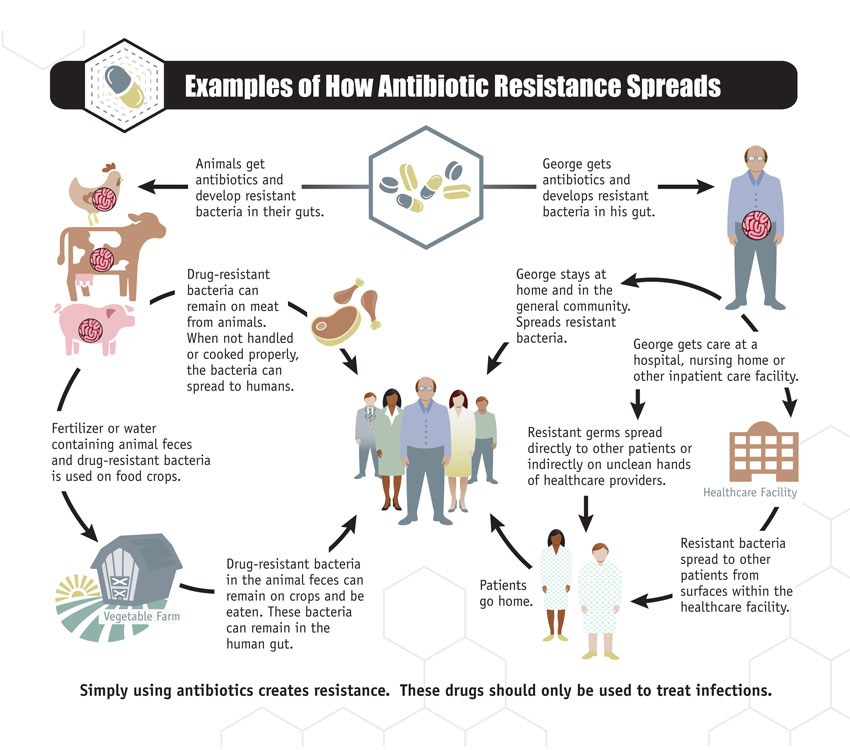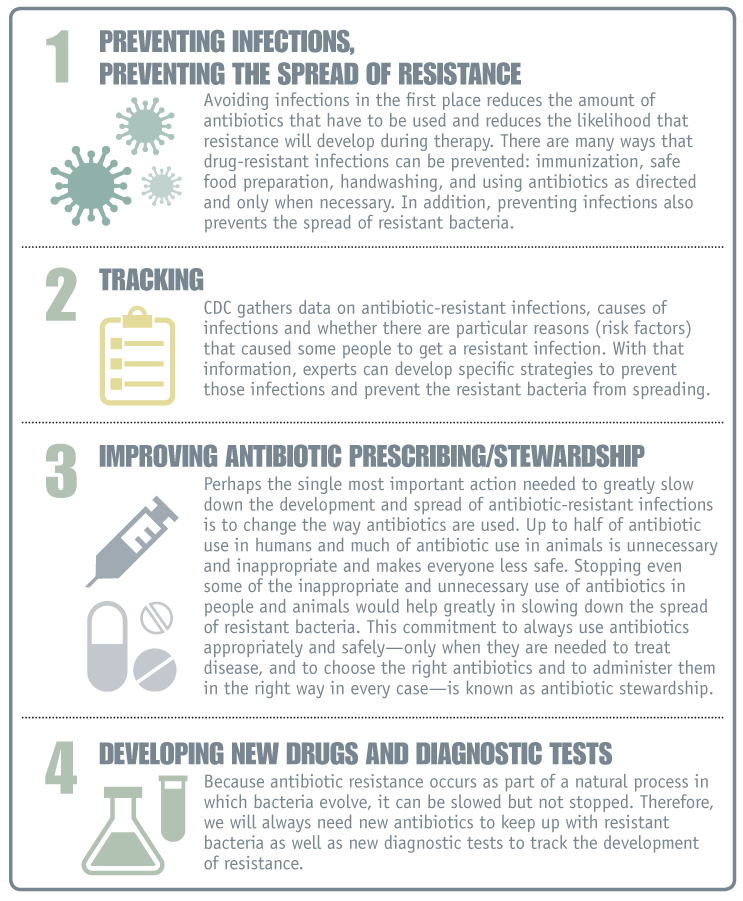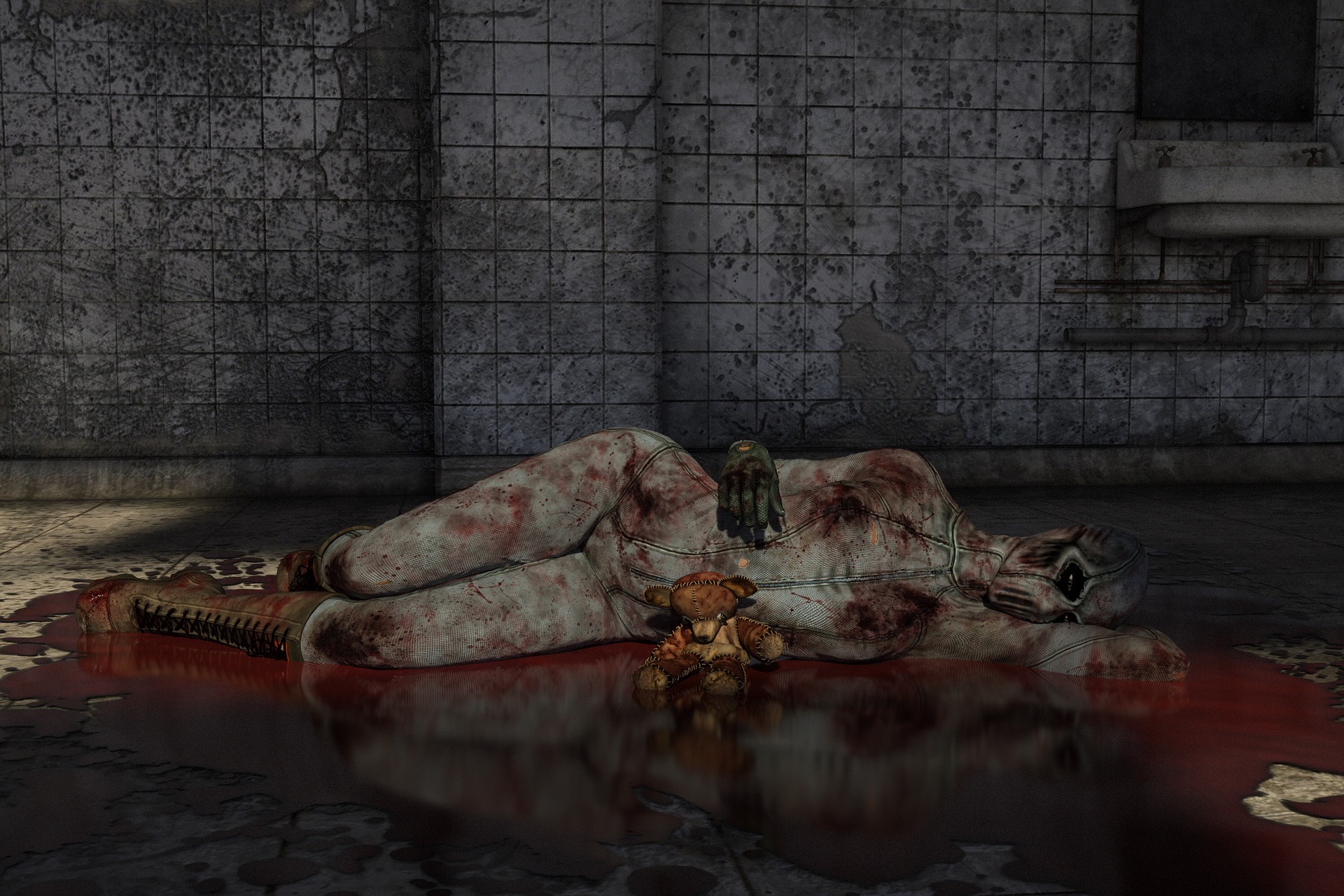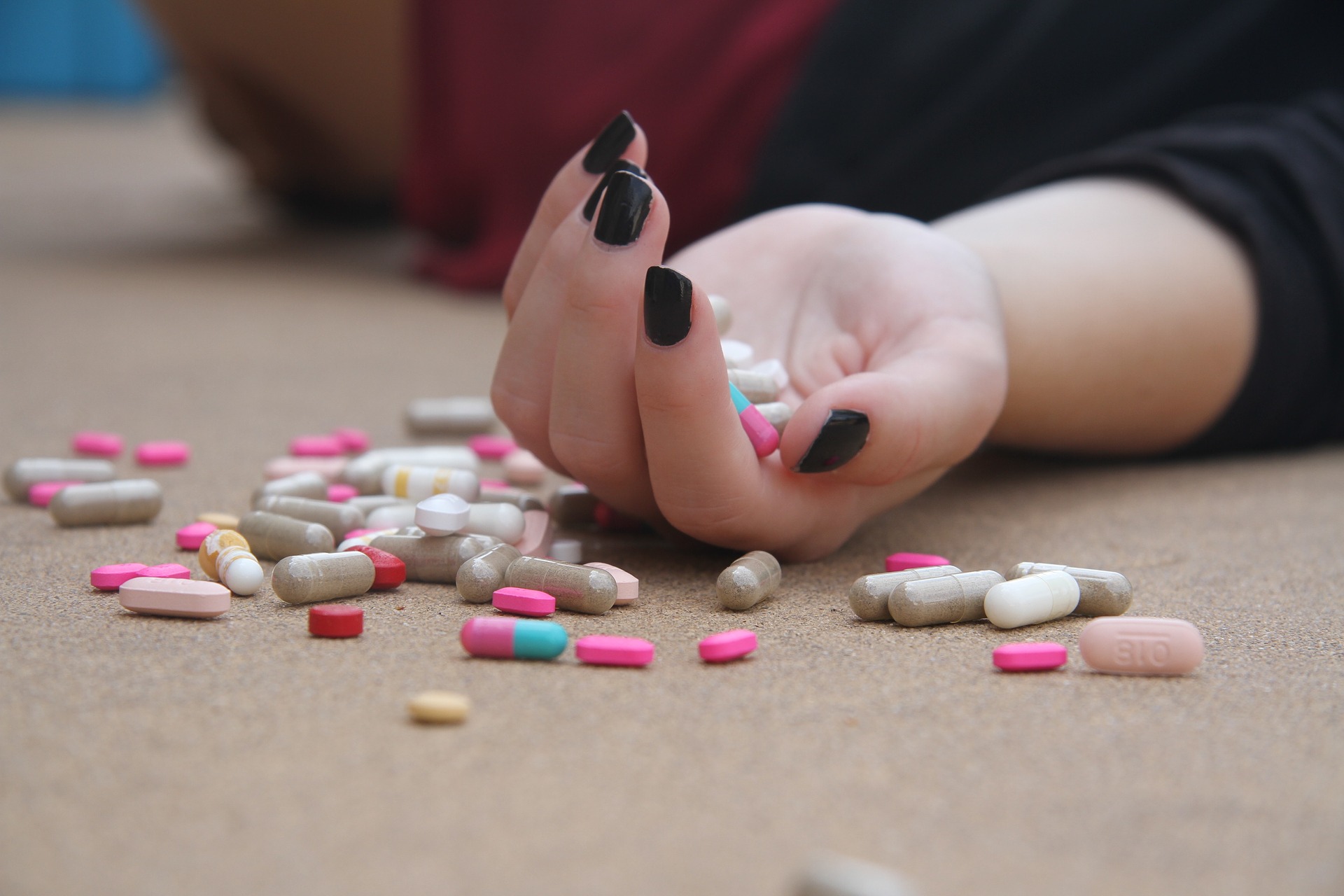Imagine you’re stabbing at a man who is violently groping for you through the window of your car… not a visual you want to have right? Unfortunately, that was what I saw the other night in yet another nightmare.
You see, I have the misfortune of taking an antibiotic called Metronidazole (a.k.a. Flagyl) and this is not my first rodeo. Regardless of what form the medicine takes, it causes me to have disturbing dreams and minor insomnia. When it happened the first three or four times I was prescribed it, I figured this was a result of everyday life stressing me out. It wasn’t until particularly horrifying nightmare during a two-week hospital stint that I Googled the side effects.
Lucky me… one of the rare side effects in addition to “troubled sleep” was “anxiety” and “disturbed dreams.” Well, at least now I know that while treating an infection, I can look forward to the most unrestful sleep I can get. Hooray!
However, this is one of the many reasons to avoid using antibiotics unless you actually need it. We have been spoiled by modern medicine—but what if I told you we are one bad bacterium away from a global pandemic?
Why antibiotics are our going to kill us
This is not a tinfoil hat moment. Think about this: every time we discover something new in science, we tend to go overboard with its applications. Antibiotics are not an exception. Ever since Dr. Alexander Fleming’s miracle drug penicillin was injected into a woman dying from blood poisoning in the 1940s, we have expanded the use of antibiotics beyond their intended purpose.
Let me stop here for a second.
Antibiotics are designed to kill bacteria (typically by attacking the cell wall or by preventing replication). They break them down so you body can get rid of the infection (Scientific American 2006). The only downside to this is THEY KILL ALL BACTERIA! You body has a specialize micro biome of healthy beneficial bacteria that aid in everything from digestion to keeping less desirable bacteria at bay. When you pop those penicillin pills it kills off everything and often leaves your healthy bacteria depleted. Many people end up getting thrush, yeast infections and digestive upsets (diarrhea etc.) afterwards.
Keep in mind that bacteria can become resistant to these drugs. Sometimes there are leftover cells that mutate their DNA so they withstand the destruction brought on by antibiotics. They also can acquire resistance from other bacterium—in other words via breeding (CDC 2018).
It’s also important to understand that using antibiotics on a viral disease, like the common cold is pointless. A virus does not respond to antibiotics, it must be weakened by the body’s immune response (white blood cells).
What is making antibiotics useless as time passes?
Over the years antibiotics have begun to lose their effectiveness for a few key reasons. Doctors have been over prescribing antibiotics and patients have been misusing them for decades. By misuse, I mean not taking all of the medicine for the time frame allotted. Even flushing unused pills down the drain give bacteria chance to mutate. Animal farming has also led to resistance because the filthy conditions require the animals to consume large quantities of antibiotics to stay alive. The antibiotics are usually either the same or similar to the ones prescribed to humans. Farms may also apply antibiotics to feces to sterilize fertilizer and introduce drug-resistant bacteria into the environment (Alliance for the Prudent Use of Antibiotics 2014).
 Centers for Disease Control and Prevention
Centers for Disease Control and Prevention
Then of course, there is the most basic reason: poor hygiene and passing germs from human contact. In an almost paradoxical way, hand sanitizer and other antimicrobial soaps/cleaners contribute to the problem. Remember, these substances were not designed to distinguish between “good” or “bad” bacteria. According to the Food and Drug Administration, next time you sneeze, cover you mouth with a tissue, but skip the Purell and just use plain soap and water! In fact they found that anti-bacterial soaps were no more effective at preventing the spread disease—AND they often contained a chemical called “Triclosan” which has been linked to creating resistant bacteria.
Shit, I’m not glad I used Dial anymore…
Okay you’ve scared the piss out of me, what can be done?
It’s not all doom and gloom, there are things we can all do to slow the progression of drug resistance bacteria! The World Health Organization (WHO) has drawn up some guidelines. The best recommendation they give is to prevent the need for antibiotics in the first place, and to control the spread if infections have occurred. For us everyday people than can mean things like:
• Only use antibiotics when your doctor prescribes them • Don’t be a d-bag…never demand antibiotics if your doctor determines you don’t need them and don’t hunt around for other healthcare professionals to give them to you • Always follow the directions on your prescription bottle—if you don’t understand how to space out the timing of each pill or what to do when you miss a dose—JUST CALL AND ASK a healthcare professional (i.e. pharmacist, doctor) • Dispose of any unused antibiotics and don’t share them • Prevent infections by regularly washing hands with SOAP (not hand sanitizer), preparing food hygienically, avoiding close contact with sick people, practicing safer sex, and keeping vaccinations up to date
 Centers for Disease Control and Prevention
Centers for Disease Control and Prevention
You can also purchase meat products that don’t use antibiotics in their production. When you buy raw meat ensure you handle it with clean hands and store it at the proper temperature. You should also invest in a meat thermometer to ensure food has been cooked to a healthy germ-free temperature.
WHY ALL THIS MATTERS
There are already new and frightening strains of infectious diseases out there silently passing from one host to the next. A large number of bacterial infection have built up tolerances to multiple types of antibiotics. And while a healthy person has nothing much to fear—people like me do. I have an auto-immune disease, and the medication I have to take to keep it in check causes my immunity to be weakened and leaves me vulnerable to infections. A simple ear infection took me nearly seven months to kill. Imagine if I were to get ravaged by something like MRSA or pneumonia.
Other people like me who frequently end up having to take antibiotic live in constant fear that one day, they will no longer be effective. That time frame seems to be winding to a close. I have read numerous articles referring to our present age as “post-antibiotic.” This fact only becomes more dire when you consider how many millions of species of plants that are threatened by environmental destruction. The Amazon (the rainforest not the online shopping giant) was once the world’s pharmacy but we allowed acres and acres of it to be burned down for cattle and logging. Our next antibiotics are going to be found in the world’s surviving rainforests—however they too are being razed for cash crops. Vice on HBO did an excellent piece describing what life will be like sans antibiotics:
Moral of this story is we all need to be vigilant about our hygiene and strive to use antibiotics more responsibly and effectively. Superbugs are very much a thing and we all created them! Take time to learn about the differences between bacterial and virial infections. Remember to use just plain soap!
In the meantime, I will finish this round of ~~treatment~~ nightmare-inducing pills and pray for a day when doctors will do their do diligence in prescribing narrow spectrum antibiotics.
Sources
“How do antibiotics kill bacteria” The Scientific American
“About Antimicrobial resistance” Centers for Disease Control.com 2018



